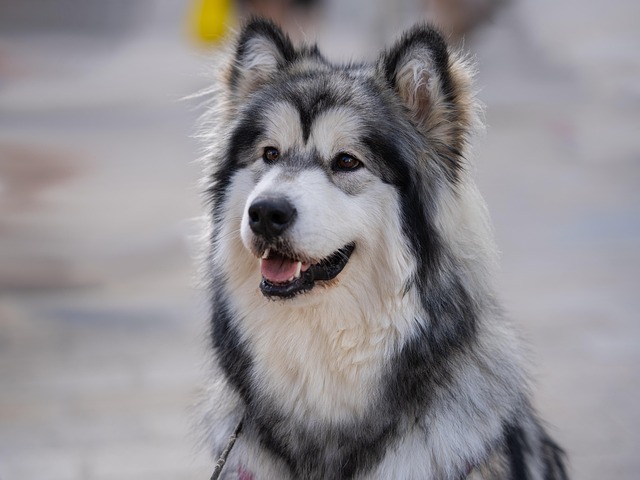
How do i train my dog to be obedient?
Watching your dog dart across the park ignoring your calls isn’t just frustrating—it can put them at risk near busy streets or public spaces.
Most vets and dog trainers agree the sweet spot for starting puppy training falls between 8 and 12 weeks old. This window lines up with a puppy’s critical socialization period, when their brains are primed to learn new behaviors and adapt to routines. It’s not about teaching complex tricks yet—simple tasks like responding to their name or using a designated potty area work best here.
Keep in mind that many places have specific rules about puppy training, especially when it comes to public spaces and vaccination timelines. For example, some cities require puppies to complete basic obedience training before they’re allowed in dog parks. Always check local laws to make sure you’re following guidelines while you work with your new pet.
Short, frequent sessions work better than long ones at this age—think 5 to 10 minutes a few times a day. Puppies have short attention spans, so ending each session on a positive note (with a treat or praise) helps them associate training with good experiences. This builds trust and makes future lessons easier, whether you’re teaching them to walk on a leash or avoid chewing furniture.
 Socialization is a key part of early training too. Introducing your puppy to gentle people, other calm dogs, and different environments (like quiet sidewalks or pet-friendly stores) helps them grow into a confident adult dog. Just make sure all interactions are safe and supervised, and wait until your vet says their vaccinations are complete before exposing them to unknown animals.
Socialization is a key part of early training too. Introducing your puppy to gentle people, other calm dogs, and different environments (like quiet sidewalks or pet-friendly stores) helps them grow into a confident adult dog. Just make sure all interactions are safe and supervised, and wait until your vet says their vaccinations are complete before exposing them to unknown animals.
Avoid harsh methods—positive reinforcement is the most effective and kind way to train young puppies. Yelling or punishment can scare them and make them fearful of learning. Instead, reward the behaviors you want to see, like sitting when asked or coming when called. This approach not only teaches them good habits but also strengthens your bond.
By starting training between 8 and 12 weeks old, following local laws, and using gentle, consistent methods, you’ll set your puppy up for a happy, well-behaved life. It takes patience, but the effort pays off as you watch your tiny pup grow into a confident, obedient companion who fits seamlessly into your daily routine.

Watching your dog dart across the park ignoring your calls isn’t just frustrating—it can put them at risk near busy streets or public spaces.

New puppy owners often find themselves rushing to clean up accidents before they set in, and that’s where puppy pad training becomes a game-changer.

If you've noticed your dog's waistline disappearing and your veterinarian has mentioned those few extra pounds, your first instinct might be to simply reduce the amount of food in their bowl.

Training a dog to use a designated spot indoors isn’t as daunting as many new owners fear, but it does take consistency and an understanding of your pet’s needs.

That moment of dread on a walk is all too familiar for many new dog owners. You see another dog approaching down the sidewalk of your neighborhood

If the sight of another dog on your neighborhood walk makes your heart sink as your own dog erupts into a frenzy of barking and lunging, you're not alone.